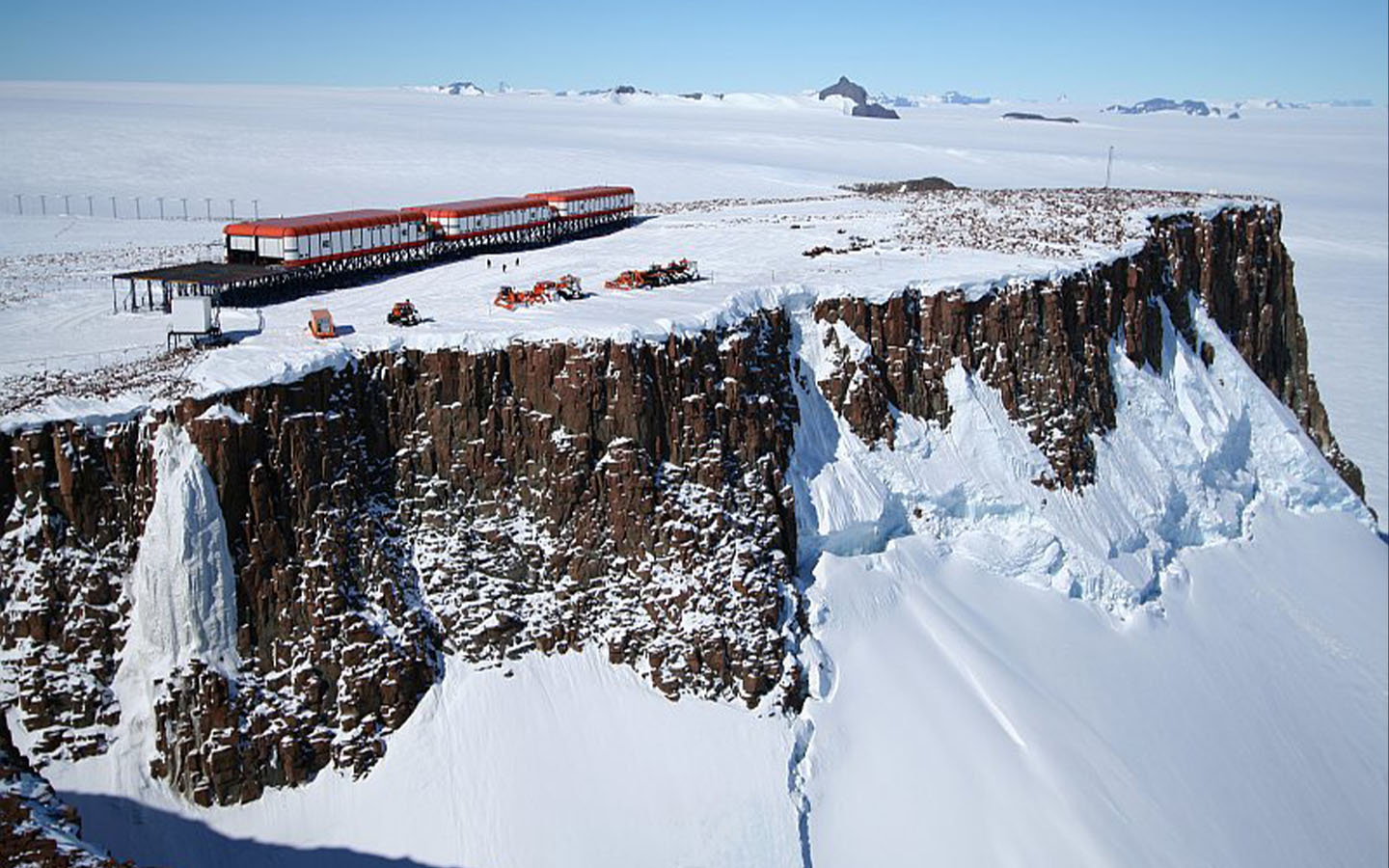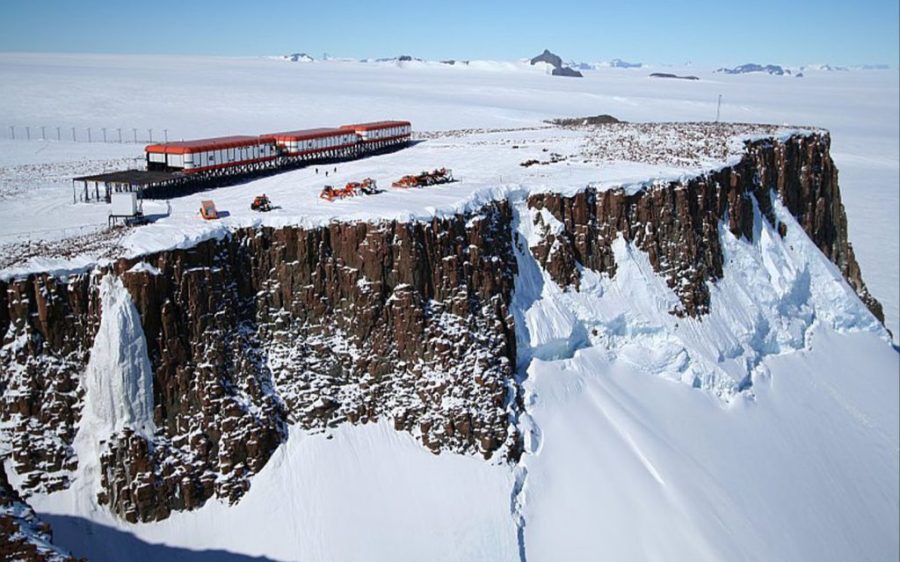South Africa is investigating allegations of physical violence and sexual harassment at a remote Antarctic research base as members of the expedition team fear for their safety.
According to the Sunday Times, the South African newspaper that broke the story, one of the researchers accused a male team member of physically assaulting the expedition leader and creating an “environment of fear,” with his “deeply disturbing” behaviour making the email author “deeply concerned” about their own safety.
A statement issued by South Africa’s Department of Forestry, Fisheries and the Environment (DFFE) on Monday said the alleged assault was reported to them on 27 February, at which point the department “immediately activated its response plan” to “mediate and restore relationships at the base.”
The statement outlined the significant progress made since that initial report and emphasised that the department’s “ultimate goal” is to ensure the safety and health of all team members at the research base.
DFFE also stated that the alleged physical assault and sexual harassment are under investigation, and clarified that early reports of a sexual assault are “incorrect”.
The nine-member expedition team set off from Cape Town on 1 February, due to spend the Antarctic winter at the SANAE IV research base, some 4,000 kilometres from mainland South Africa. At that time, according to the DFFE statement, “all was in order.”
SANAE IV is typically manned by a doctor, two mechanics, three engineers, a meteorological technician and a couple of physicists. The recruitment process for each team member includes assessments of their psychological health, medical history and interpersonal relationship history.
[See more: South Africa’s President Cyril Ramaphosa meets XI, woos GBA investors]
A candidate must clear all of these, as well as an assessment of their technical skills, to be considered for the team. However, DFFE notes, “it is not uncommon” for those entering the confined, highly isolated Antarctic base to “require an initial adjustment” period.
A South African government spokesperson told the BBC that the alleged assault was triggered by “a dispute over a task the team leader wanted the team to do – a weather-dependent task that required a schedule change.”
Such small things can “rapidly flare up to become something much larger” under such conditions, Craig Jackson, professor of workplace health psychology at Birmingham City University, and a chartered member of the British Psychological Society, told the British broadcaster.
“One thing we know from these rare occurrences, when something bad happens in enforced isolation or capsule working, is that it’s often the small things, tiny things that can blow up into conflict.”
The alleged perpetrator, according to the DFFE statement, has willingly undergone further psychological evaluation, expressed remorse and agreed to follow recommended interventions. He’s written a formal apology to the victim and is willing to give a verbal apology to all base members.
A long-term intervention process has also been implemented, employing professional counselling services to restore relationships and a healthy working environment at the Antarctic base.
Should the situation take a turn for the worse, members of the Antarctic community told the BBC that South Africa has access to an ice-capable ship and aircraft if needed.






